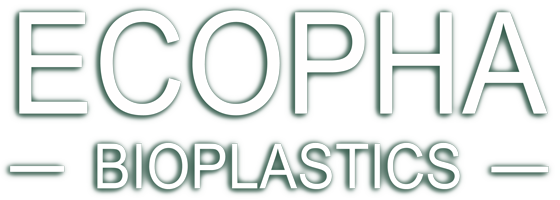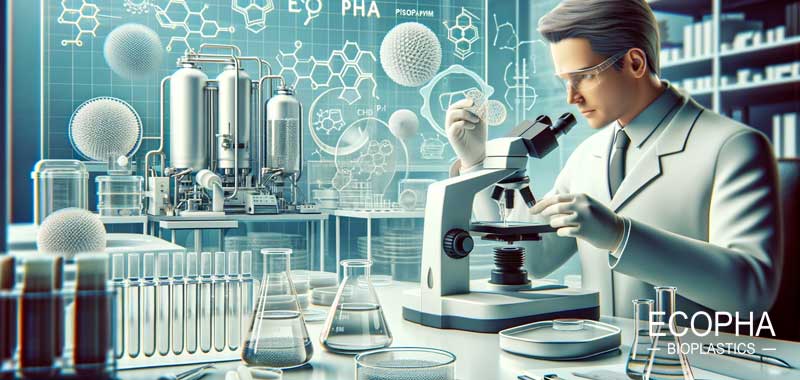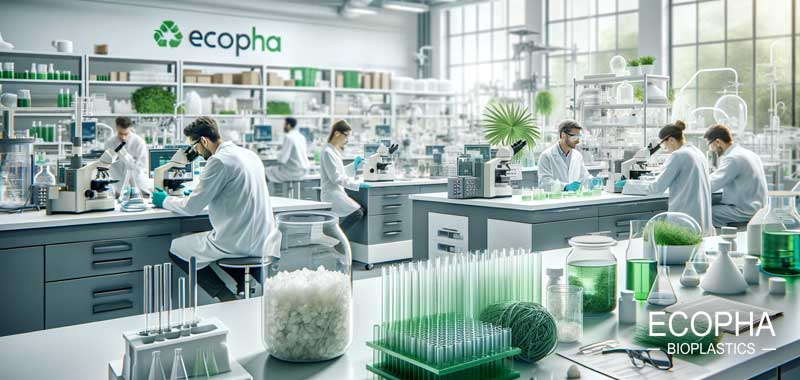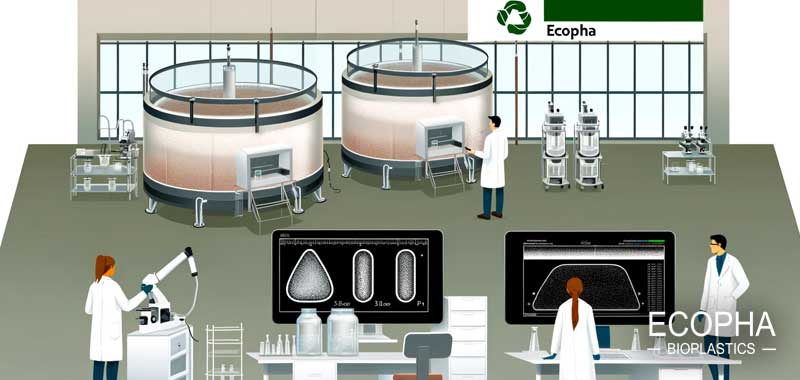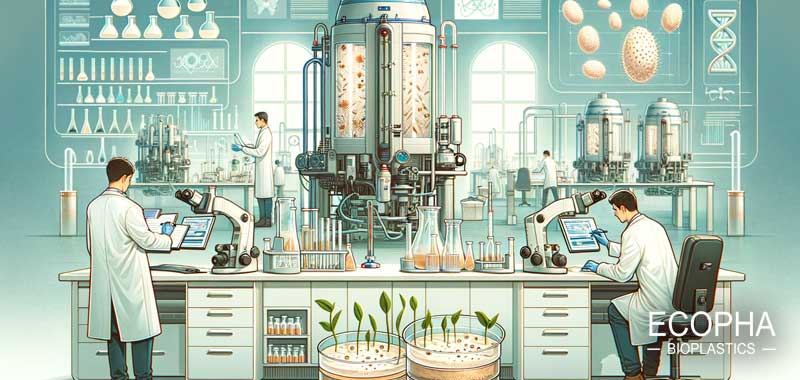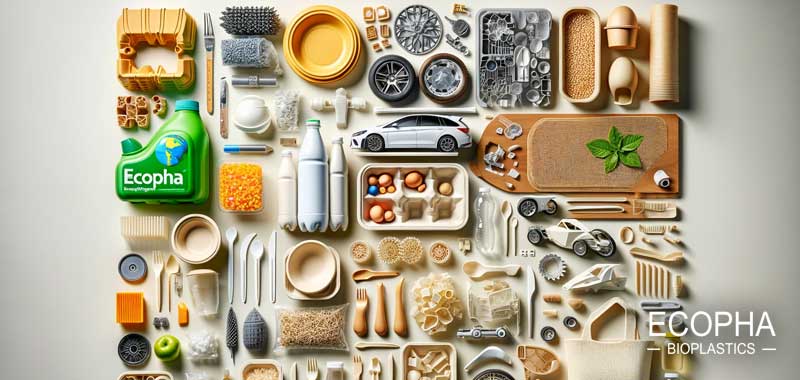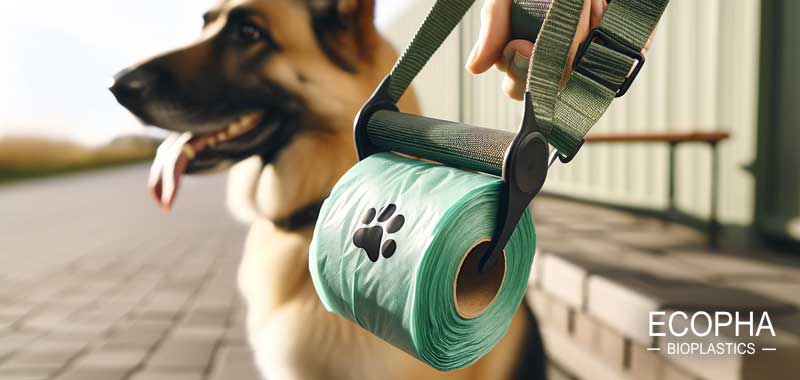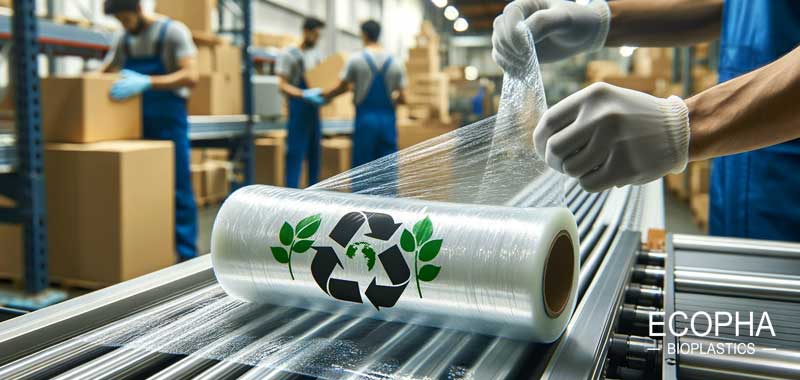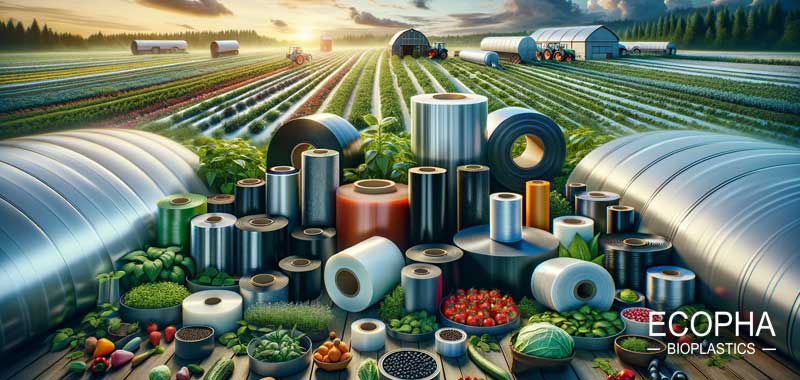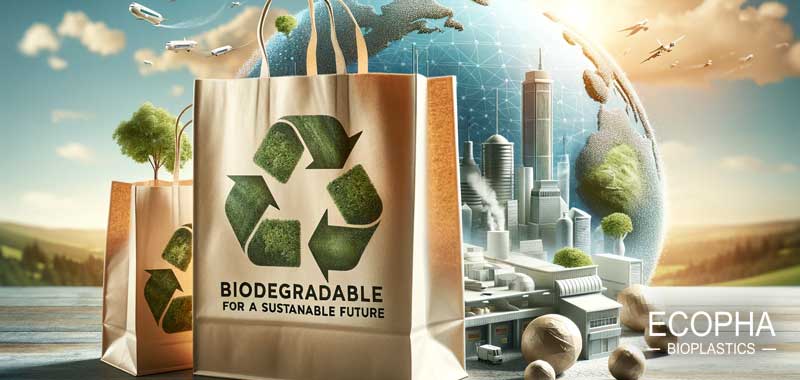Revolutionizing Bioplastics: Ecopha's PHA Technology
Explore the transformative world of PHA (Polyhydroxyalkanoate) technology at Ecopha, where sustainability meets innovation.
Ecopha's PHA Technology Overview provides an insightful glimpse into the future of bioplastics. Polyhydroxyalkanoate, or PHA, represents a significant breakthrough in our quest for sustainable materials, offering a biodegradable and eco-friendly alternative to traditional plastics.
This section delves deep into the science behind PHA, highlighting how these biopolymers are produced through natural fermentation processes using microorganisms. The versatility of PHA, capable of being engineered into various forms, from rigid plastics to flexible films, showcases its vast potential across multiple industries, including packaging, agriculture, and medical applications.
Store events
Features Highlight
Advanced PHA Bioplastic Technology, Eco-Friendly and Biodegradable Solutions
Overview
Leading the Charge in PHA Bioplastics
Advantages & Benefits
Reduced Environmental Impact, Versatile and Sustainable Applications
At Ecopha, our PHA technology is not just about creating eco-friendly materials; it's a commitment to reducing the environmental impact of plastics. We emphasize the complete biodegradability of PHA in natural environments, a critical aspect in addressing global plastic pollution. Our state-of-the-art facilities and dedicated research teams are continuously exploring new methods to optimize PHA production, making it more efficient and cost-effective.
FAQs
What is PHA, and how is it produced?
PHA is a biodegradable bioplastic produced via microbial fermentation of renewable resources.
What makes PHA an eco-friendly alternative to traditional plastics?
PHA biodegrades naturally, reducing environmental pollution and reliance on fossil fuels.
What are the potential applications of PHA bioplastics?
PHA can be used in various sectors, including packaging, agriculture, and biomedical applications.

